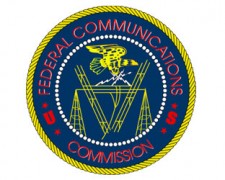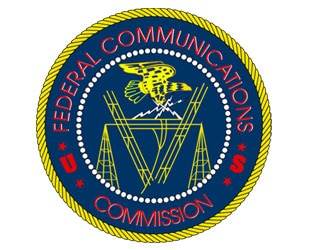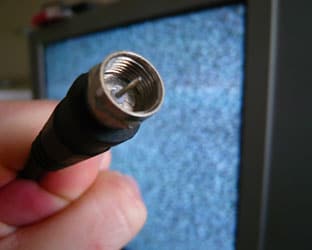 Allbritton Communications’ ABC WJLA-TV in Washington DC sought FCC intervention in a retransmission dispute with a small Virginia cable system owned by Shentel Telecommunications. The FCC decided in favor of the cable company.
Allbritton Communications’ ABC WJLA-TV in Washington DC sought FCC intervention in a retransmission dispute with a small Virginia cable system owned by Shentel Telecommunications. The FCC decided in favor of the cable company.
The system, known locally as Shenandoah Cable Television Company, is actually closer to the Harrisonburg VA DMA than it is to Washington (30 miles v. 80 miles per the FCC), but due to the way Nielsen works, the system is considered part of the Washington market.
WJLA had elected retransmission consent rather then must-carry, which gave Shentel the option to drop the station if it wished. Most cable companies are loath to part ways with a network affiliate, but Shentel had a nearby alternative, Harrisonburg’s ABC WHST-TV.
Nevertheless, the parties were negotiating rates late in 2011. Shentel made an offer, and Allbritton made counteroffers. Then Allbritton decided to accept terms offered 11/10/12, and was surprised to get a turndown.
This was the major basis for the claim that Shentel was not bargaining in good faith – as WJLA put it, the cable system “…refused to take ‘yes’ for an answer.”
However, by inserting a counteroffer in between the Shentel 11/10/11 offer and its ultimate acceptance of the 11/10/11 offer, Allbritton rendered the Shentel offer null and void. The FCC said this is “black letter” law, and said that Shentel had every right to refuse to revert to that offer and therefore that doing so did not constitute an act of bad faith.
For WJLA, access to 8,000 cable subscribers was on the line.
RBR-TVBR observation: Good faith charges are wickedly hard to make stick. There is no clear line where hardball ends and bad faith begins, and on top of that the affairs tend toward the he-said she-said variety of dispute. Put it this way: A good faith proceeding is usually like a disputed NFL play that goes to an instant replay ref who determines that there is not enough clear evidence to overturn the call on the field.
In this case, the FCC was able to find a “black letter” piece of contract law, and once it had something solid in its hand, it was more than enough to tilt the balance to Shentel.
The moral of the story is to remember that there is a time to stop playing hardball and accept “good enough” when it presents itself.





